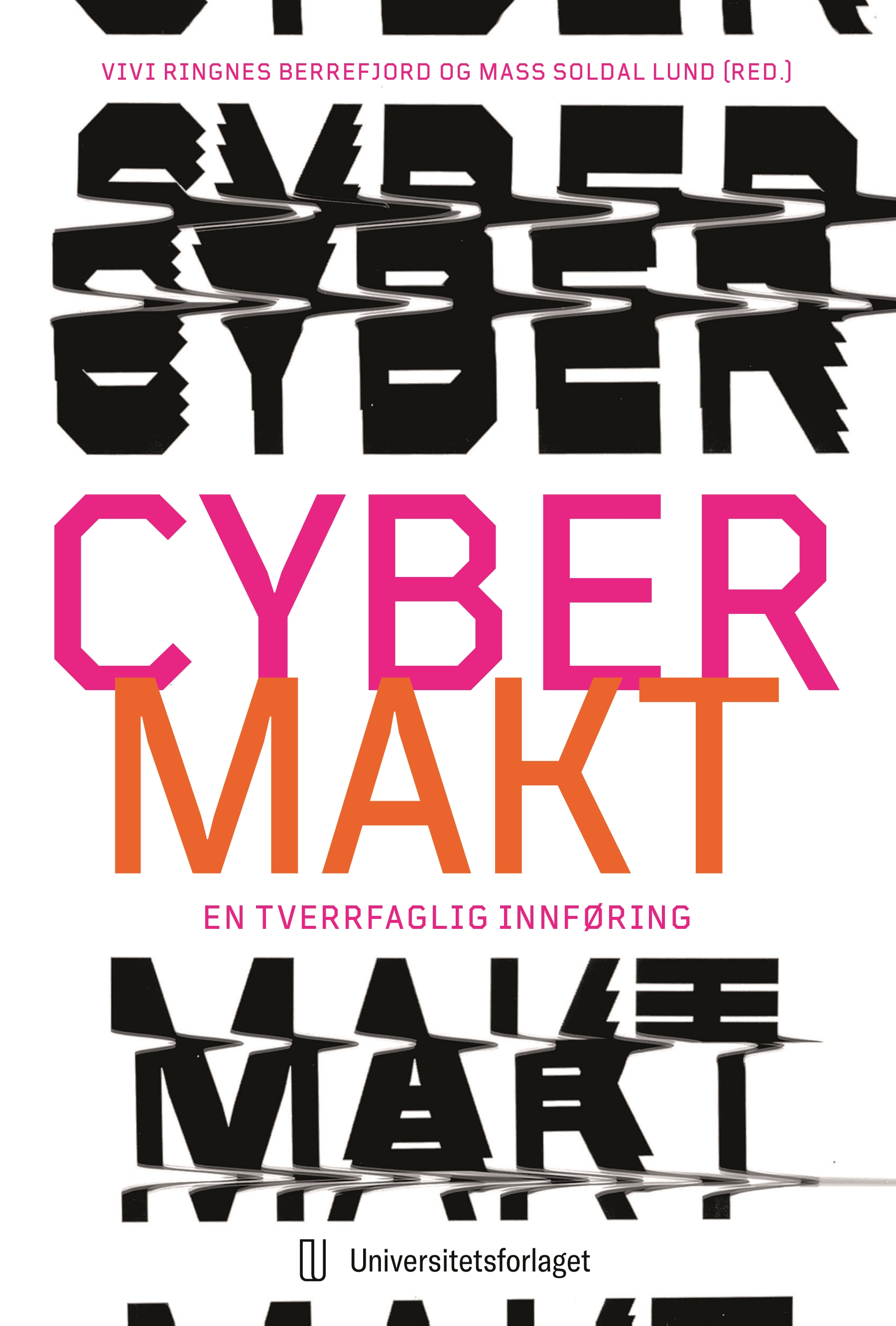Recently, the book 'Cybermakt. En tverrfaglig innføring' was published. (English translation: 'Cyber Power. An Interdisciplinary Introduction'.)
The editors of the book are professor of cybersecurity and societal security at INN University, Mass Soldal Lund, and head of the Cyber programme at the Norwegian Defence University College's Institute for Defence Studies (IFS), Vivi Ringnes Berrefjord.
Soldal Lund has researched these topics for several decades and is considered one of Norway's leading experts in the field.
– Ten years ago, I always had to search for good examples of cyberattacks, but now it is just a matter of picking them. It has become difficult to keep up with the most important events.
Now, he sees a development that he finds very interesting.
Aiming to cause maximum damage
The new book is full of examples. Both of pure data attacks, defence against data attacks in the cyber domain, and not least large-scale influence operations.
There are examples from Norway, but also many international ones. What is happening in the cyber war between Russia and Ukraine is discussed significantly.
Around twenty different researchers and experts in the field contribute to the book.
The book is essentially about how states exploit the cyber domain to achieve strategic goals, and how they conduct such cyber operations.

– There has been a gap in the literature. Either they have been very detailed and technical, or they have been very high-level strategic or political. Now is the first time that a book in Norwegian looks at what is concretely operational aspects with many examples, explains Soldal Lund.
– For people who are not as familiar with this field as you are – is there any WOW content here?
– I believe that the details and examples in the book can seem exciting and new to many. One thing is how infamously much of this is happening. Some states go in with no considerations to cause as much damage as possible. And then there is the fact that you can sit in one country, hack into another country's system, and tamper with the settings. That is indeed a very frightening thought, says Soldal Lund.
Is Norway becoming offensive?

The new possibilities related to artificial intelligence, big data, and digital surveillance are set to change how states conduct modern warfare.
This new reality represents a major challenge for national defence institutions that must adapt to a new, and still quite unknown, terrain.
And this is precisely what Mass Soldal Lund finds interesting.
– What I find most exciting is that more and more states are starting to think that they need to have some offensive capabilities in this area, not just defend themselves against attacks from others.
We already know that countries like China, North Korea, Russia, and Iran were early in focusing on being offensive and actively using the cyber domain.
Most other Western countries have had a defensive approach – we should protect ourselves. But now this is changing.
– In 2018, the USA changed their strategy. They went from being defensive to saying they would respond in a similar fashion to the attacks. They conduct counterattacks, explains Mass Soldal Lund.
Many other countries are beginning to think similarly. Canada and the United Kingdom are examples of this.

– What about Norway, then?
– It is exciting! We do not talk about it much, but if you read parliamentary reports, parliamentary propositions, and defence commission reports, you can see hints that we are thinking this way too, says Soldal Lund.
For example, it might say that 'Norway should further develop its capabilities for offensive cyber operations...' and such.
– This demonstrates new ways of thinking that are emerging in Norway. I believe that in the future, we will likely see more and more countries jumping on board and developing more offensive capabilities, believes the professor of cybersecurity.
A long way until it is decisive in war
One of the cyberattacks that caused the most damage in the world was a Russian attack on tax software in Ukraine. It is estimated that ten percent of all computers in Ukraine were knocked out, but this had significant consequences outside of Ukraine as well.
The Danish shipping company Maersk was one of the companies affected. They had a Ukraine office with this tax software installed. From this machine, it spread within a few hours to the entire international network, knocking out the entire computer system of the shipping giant.
It is estimated that this attack may have cost Maersk around NOK two billion to fix.
In Ukraine, there have been cyberattacks four or five times targeting the country's electricity supply. It is likely that Russian military intelligence is attempting to disrupt the supply.

Such attacks are both frightening and can cause significant damage and have major consequences. Despite this, Mass Soldal Lund believes that other factors still determine the outcome of a war.
– It is not so that cyberattacks have had a decisive effect on the development of the war in Ukraine. It is still tanks, artillery, and drones that are the most important.
But he adds that Ukraine has defended themselves quite well in the cyber domain.
– We can only wonder what would have happened if they had not managed to do so. The attacks from Russia would have had a much greater effect if Ukraine had not been able to stop them through a strong cyber defence.
– How highly is this type of warfare prioritised by states?
– It is quite highly prioritised, especially in Russia, which is the nation that has 'come the furthest' in this type of destructive attacks. There are other countries that prioritise and conduct such operations, but with slightly different approaches, explains the professor.
– Why do we need this book right now?
– That is because there is an increasing threat of such attacks. There are more and more cyber operations year by year, targeting Norway but also generally, and they have significant consequences for those who are subjected to them, concludes Mass Soldal Lund.
Contact information:
- mass.lund@inn.no
- Phone
- +47 62 43 08 59
.jpg)



